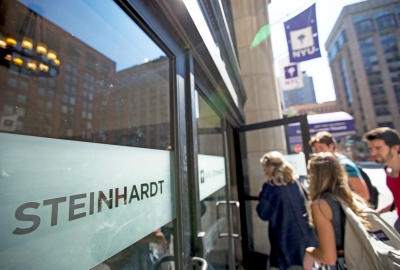Employing a global perspective, this course introduces students to the major issues and concepts regarding food and culture. Examining food and diet from historical and transnational perspectives, we examine the effect of colonialism and immigration on agriculture, food technologies, diets, and health. Through field trips, guest speakers, discussions, hands-on activities and eating, students explore how food influences and is influenced by myriad factors, including politics, economics, climate, geography, technology, and culture.
Course #
FOOD-UE 8181
Credits
4
Department
Nutrition and Food Studies


